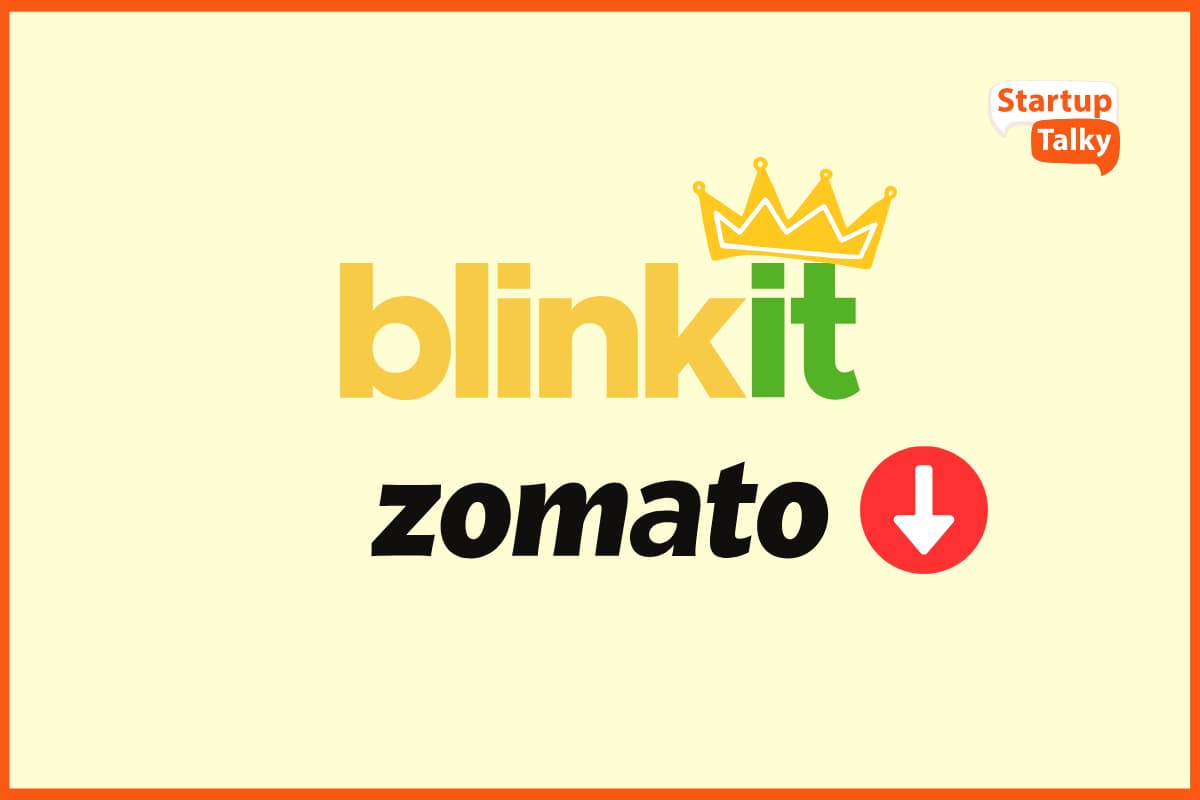According to those briefed on the subject, Lenskart is contemplating a possible $10 billion valuation for its impending initial public offering (IPO), which is quadruple that of its most recent investment round. According to the omnichannel eyeglasses store, the brand is planning to file draft papers in May. In recent weeks, Peyush Bansal, the CEO, and important investors spoke with the bankers overseeing the $1 billion IPO about valuation. However, the plans depend on the state of the market as the IPO approaches.
According to a media report, efforts are being made to submit the draft red herring prospectus (DRHP) by May in order for it to be listed this year. Internally, some people feel even more aggressive about the valuation, but one must leave money on the table for potential IPO investors, and that may not be in line with the state of the market. Over the past year, investors had been considering accessing the public markets due to Lenskart’s size and profitability, but Bansal had not finalised those plans. Rather, over the past two years, investors have been able to part-sell holdings for liquidity through high-profile secondary sales.
In contrast to a previous round of primary capital infusion of $4.5 billion, Lenskart closed a $200 million secondary round in June of last year at a $5 billion valuation. Secondaries usually occur at a discount, but both new and existing investors have been clamouring for Lenskart shares.
Recent Developments at Lenskart
Prior to the IPO, Lenskart has been striving for complete profitability through a significant decrease in losses and consistent sales growth. Due to technology-driven operational savings, net loss decreased from INR 64 crore in FY23 to INR 10 crore in FY24. As per quoted by a media report, “They (Lenskart) rely and leverage a lot from technology, which leads to operational efficiency in an omnichannel model.”
In FY24, operating revenue increased 43% year over year to INR 5,428 crore. From INR 403 crore in FY23 to INR 856 crore in FY24, EBITDA more than doubled. Bansal stated in an interview last year that the success of its activities was demonstrated by the net promoter score, a crucial measure of consumer happiness, which increased from 65 in previous years to over 80. “Whether it’s enhancing the customer experience, streamlining the supply chain, or cutting down on delivery times, technology is at the core of everything we do,” he had stated.
Lenskart is increasing its retail network and concentrating more on domestic manufacture. Its factory in Rajasthan now handles the majority of the manufacturing. The business is investing $200 million in a new Telangana facility. This will lower expenses and boost its export operations to India. The company intends to add 400 stores to its 2,500-strong brick-and-mortar network, despite the fact that internet sales have surpassed offline growth in the last two years.
Joining the IPO Race
This year, a number of fintech, business-to-business (B2B), and e-commerce startups have planned filings. Ather Energy, Zetwerk, Groww, Bluestone, PharmEasy, Oyo, and Zepto are a few companies at varying phases of IPO preparation. Despite bankers’ optimism, companies will price their products according to the state of the market when they go public, especially if they haven’t turned a profit yet, as was the case last year.










